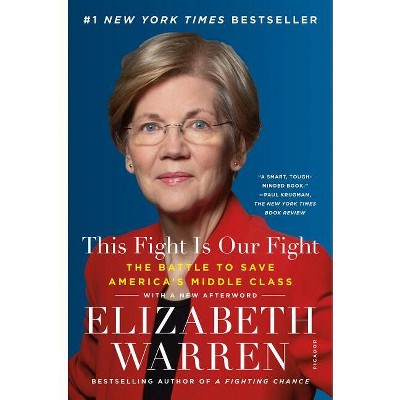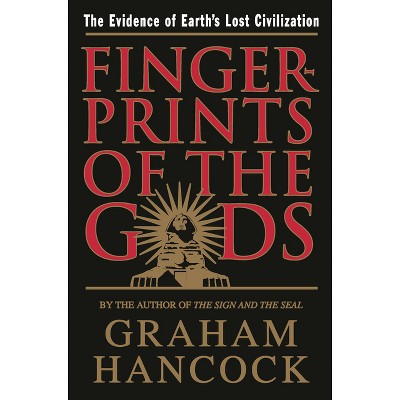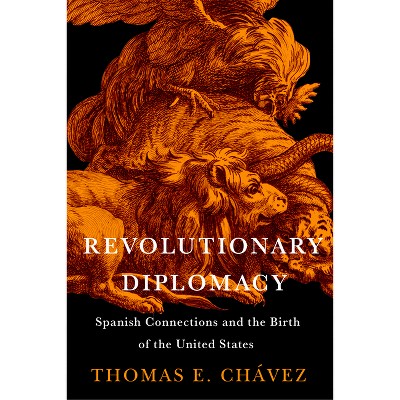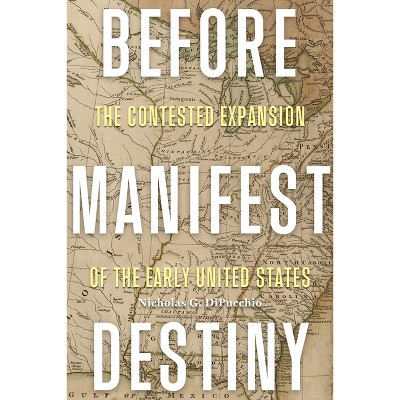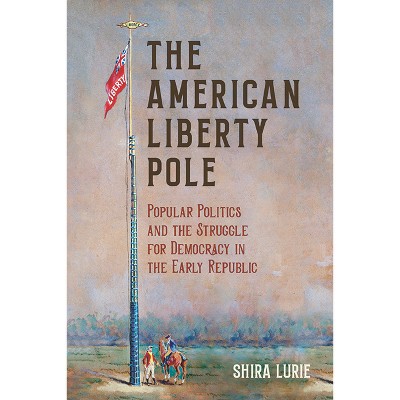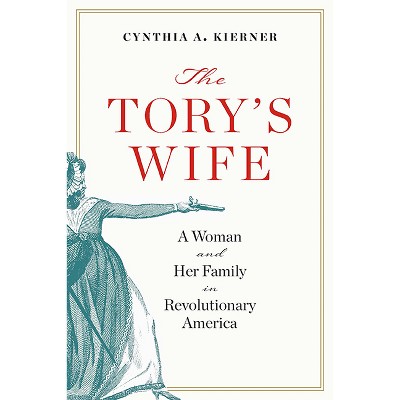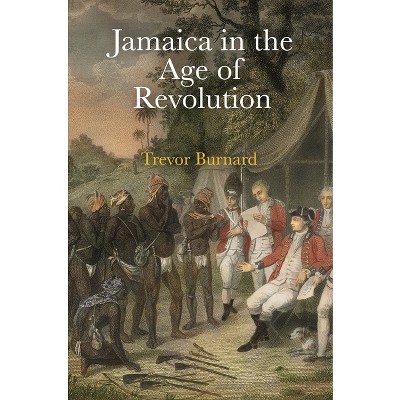Sponsored

Writing Early America - (The Revolutionary Age) by Trevor Burnard (Paperback)
In Stock
Sponsored
About this item
Highlights
- To join a conversation, one must know what is being said.
- About the Author: Trevor Burnard is the Wilberforce Professor of Slavery and Emancipation at the University of Hull, Director of the Wilberforce Institute, and the author of Planters, Merchants, and Slaves: Plantation Societies in British America, 1650-1820.
- 318 Pages
- History, United States
- Series Name: The Revolutionary Age
Description
About the Book
"Writing Early America is a field report into the current historiography of the large body of historical writings on the broad field of early America in the eighteenth century, between the Treaty of Utrecht in 1713 and the end of the American Revolution around 1784, as seen in journal literature written in the last decade. A comprehensive analysis of nearly four hundred articles in top-ranking journals, this book examines which topics provoke the most interest for early American historians. In addition to treating scholarship on the most important areas of current research-Indigenous history, slavery and race, and gender-this book also highlights how notions of empire provide a framework for colonial American history and even more so for new scholarship on the American Revolution"--Book Synopsis
To join a conversation, one must know what is being said. Writing Early America is a field report on the current state of the historiography on the colonial era--from the time of the Treaty of Utrecht in 1713 to the end of the American Revolution around 1784.
Based on a close reading of nearly four hundred articles in leading journals published over the past decade, Trevor Burnard provides an unprecedented analysis of the direction of the field encompassed by the popular hashtag #VastEarlyAmerica. He examines scholarship on the most important areas of current research--Indigenous history, slavery and race, and gender. Burnard also demonstrates how important imperialism has become in providing a framework for colonial American history, especially for new scholarship on the American War of Independence, which historians increasingly see in its context as part of a broader Age of Revolutions.
This is the first book in over thirty years to offer advanced undergraduate and graduate students and scholars a comprehensive guide to the historiography of early America.
Review Quotes
"The depth and breadth of Burnard's research and analysis is difficult to describe in a brief review, and are emblematic of the book's significance as an exploration of recent developments in early American historiography and the potentialities and problems that the field continues to face. . . . Scholars of eighteenth-century Britain and its American empire will find this lucidly written book extremely useful as both a summary of current research and an indicator of roads not yet taken."-- "Family & Community History"
"Historiography matters," according to Trevor Burnard, and I wholeheartedly agree! His quirky and surprisingly even-handed new book Writing Early America: From Empire to Revolution offers an interesting approach to the genre, by analyzing hundreds of articles from academic journals written about early America over the last decade on the period he is calling "the short 18th century," defined as the seven decades beginning in 1714. A long-time contributor to the history of early America, Burnard here presents a nuanced account of trends in historical writing, finding much attention to slavery, indigenous peoples, and empire, alongside other more persistent topics such as gender and the American Revolution. He also considers how the long-standing dialogue between 18th century British scholarship and that of early America fares at the moment. An interesting pandemic project, this work gives much food for thought.
--Carla Pestana, UCLA, author of The English Conquest of Jamaica: Oliver Cromwell's Bid for EmpireWriting Early America has something for every scholar of vast eighteenth-century America, the Atlantic World, and the British Isles. I learned something on every page. The learning on display is exceptional--and valuable. A remarkable achievement.
--Paul Mapp, William & Mary, author of The Elusive West and the Contest for Empire, 1713-1763About the Author
Trevor Burnard is the Wilberforce Professor of Slavery and Emancipation at the University of Hull, Director of the Wilberforce Institute, and the author of Planters, Merchants, and Slaves: Plantation Societies in British America, 1650-1820.
Shipping details
Return details
Frequently bought together
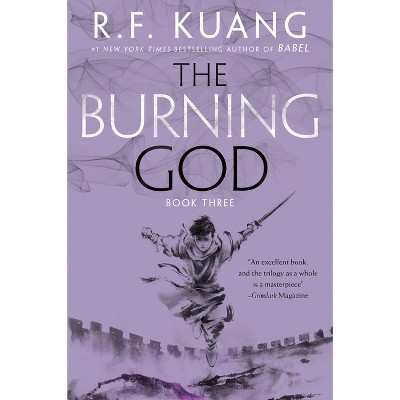

Trending Non-Fiction






